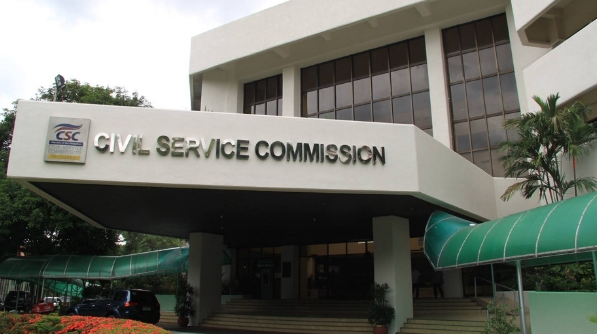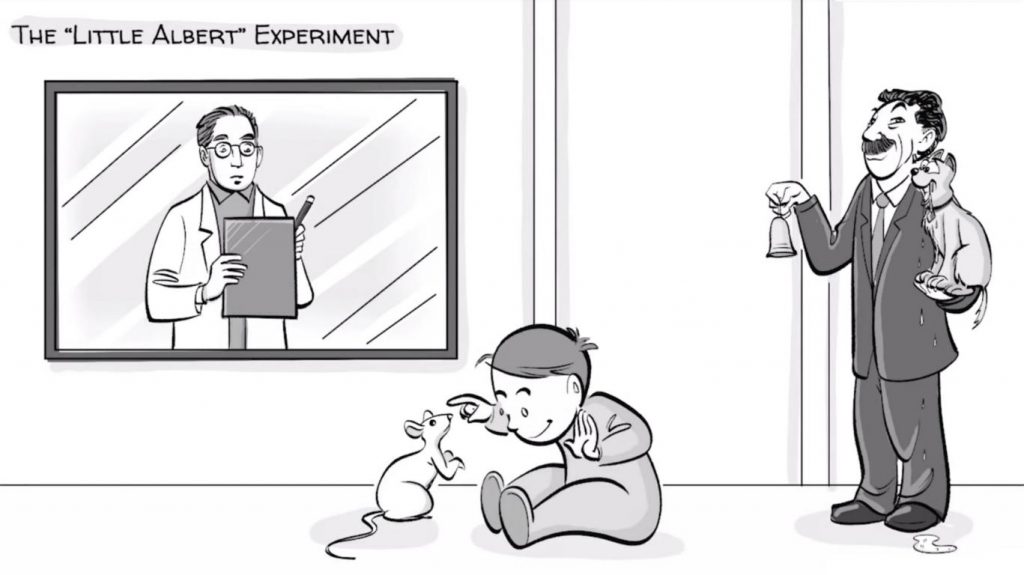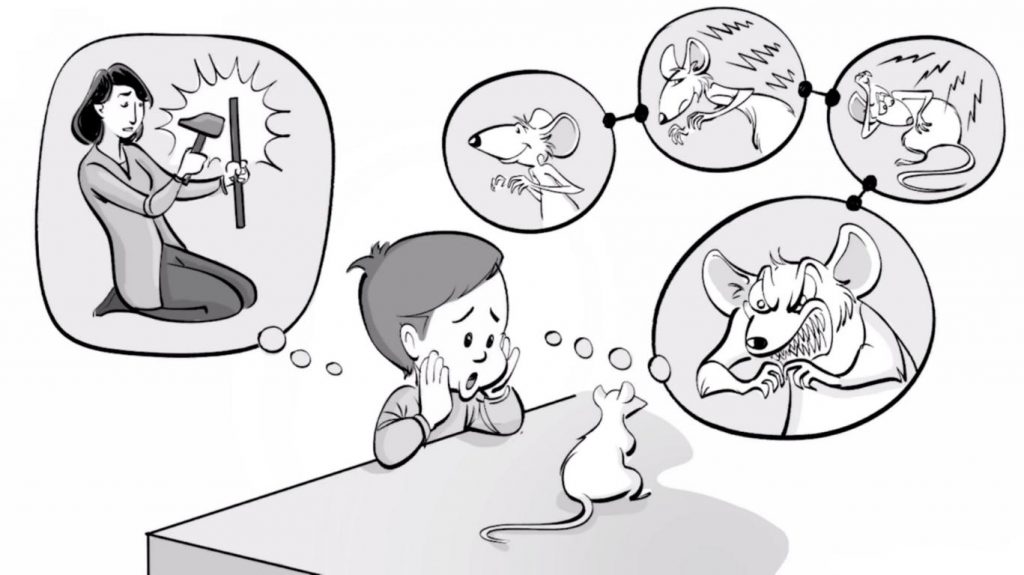Stages of Psychosocial Development
Erick Erickson's (1958, 1963) psychosocial development theory proposes that our personality develops through eight stages, from infancy to old age. During each of Erickson's eight development stages, two conflicting ideas must be resolved successfully in order to become a confident, contributing member of society. Failure to master these tasks leads to feelings of inadequacy. Erickson also expanded upon Freud's stages by discussing the cultural implications of development; certain cultures may need to resolve the stages in different ways based upon their cultural and survival needs.
Stage 1: Trust vs. Mistrust
Overview
This first stage of psychosocial development consists of:
- Psychosocial Conflict: Trust versus mistrust
- Major Question: "Can I trust the people around me?"
- Basic Virtue: Hope
- Important Event: Feeding
From birth to 12 months of age, infants must learn that adults can be trusted. This occurs when adults meet a child's basic needs for survival. Infants are dependent upon their caregivers, so caregivers who are responsive and sensitive to their infant's needs help their baby to develop a sense of trust; their baby will see the world as a safe, predictable place. On the other hand, unresponsive caregivers who do not meet their baby's needs can engender feelings of anxiety, fear, and mistrust; their baby may see the world as unpredictable. If infants are treated cruelly or their needs are not met appropriately, they will likely grow up with a sense of mistrust for people in the world.
Stage 2: Autonomy vs. Shame/Doubt
Overview
- Psychosocial Conflict: Autonomy versus shame and doubt
- Major Question: "Can I do things myself or am I reliant on the help of others?"
- Basic Virtue: Will
- Important Event(s): Toilet training
As toddlers (ages 1–3 years) begin to explore their world, they learn that they can control their actions and act on their environment to get results. They begin to show clear preferences for certain elements of the environment, such as food, toys, and clothing. A toddler’s main task is to resolve the issue of autonomy vs. shame and doubt by working to establish independence. This is the “I do it” stage. For example, we might observe a budding sense of autonomy in a 2-year-old child who wants to choose her clothes and dress herself. Although her outfits might not be appropriate for the situation, her input in such basic decisions has an effect on her sense of independence. If denied the opportunity to act in her environment, she may begin to doubt her abilities, which could lead to low self-esteem and feelings of shame.
Stage 3: Initiative vs. Guilt
Overview:
- Psychosocial Conflict: Initiative versus Guilt
- Major Question: “Am I good or bad?”
- Basic Virtue: Purpose
- Important Event(s): Exploration, Play
Once children reach the preschool stage (ages 3–6 years), they are capable of initiating activities and asserting control over their world through social interactions and play. According to Erikson, preschool children must resolve the task of initiative vs. guilt. By learning to plan and achieve goals while interacting with others, preschool children can master this task. The initiative, a sense of ambition and responsibility, occurs when parents allow a child to explore within limits and then support the child’s choice. These children will develop self-confidence and feel a sense of purpose. Those who are unsuccessful at this stage—with their initiative misfiring or stifled by over-controlling parents—may develop feelings of guilt.
Stage 4: Industry vs. Inferiority
Overview
- Psychosocial Conflict: Industry vs. Inferiority
- Major Question: "How can I be good?"
- Basic Virtue: Competence
- Important Event(s): School
During the elementary school stage (ages 6–12), children face the task of industry vs. inferiority. Children begin to compare themselves with their peers to see how they measure up. They either develop a sense of pride and accomplishment in their schoolwork, sports, social activities, and family life, or they feel inferior and inadequate because they feel that they don’t measure up. If children do not learn to get along with others or have negative experiences at home or with peers, an inferiority complex might develop into adolescence and adulthood.
Stage 5: Identity vs. Role Confusion
Overview
- Psychosocial Conflict: Identity Versus Confusion
- Major Question: "Who am I?"
- Basic Virtue: Fidelity
- Important Event(s): Social Relationships
In adolescence (ages 12–18), children face the task of identity vs. role confusion. According to Erikson, an adolescent’s main task is developing a sense of self. Adolescents struggle with questions such as “Who am I?” and “What do I want to do with my life?” Along the way, most adolescents try on many different selves to see which ones fit; they explore various roles and ideas, set goals, and attempt to discover their “adult” selves. Adolescents who are successful at this stage have a strong sense of identity and are able to remain true to their beliefs and values in the face of problems and other people’s perspectives. When adolescents are apathetic, do not make a conscious search for identity, or are pressured to conform to their parents’ ideas for the future, they may develop a weak sense of self and experience role confusion. They will be unsure of their identity and confused about the future. Teenagers who struggle to adopt a positive role will likely struggle to “find” themselves as adults.
Stage 6: Intimacy vs. Isolation
Overview
- Psychosocial Conflict: Intimacy versus isolation
- Major Question: "Will I be loved or will I be alone?"
- Basic Virtue: Love
- Important Event(s): Romantic relationships
People in early adulthood (the 20s through early 40s) are concerned with intimacy vs. isolation. After we have developed a sense of self in adolescence, we are ready to share our life with others. However, if other stages have not been successfully resolved, young adults may have trouble developing and maintaining successful relationships with others. Erikson said that we must have a strong sense of self before we can develop successful intimate relationships. Adults who do not develop a positive self-concept in adolescence may experience feelings of loneliness and emotional isolation.
Stage 7: Generativity vs. Stagnation
Overview
- Psychosocial Conflict: Generativity Versus Stagnation
- Major Question: "How can I contribute to the world?"
- Basic Virtue: Care
- Important Event(s): Parenthood and Work
When people reach their 40s, they enter the time known as middle adulthood, which extends to the mid-60s. The social task of middle adulthood is generativity vs. stagnation. Generativity involves finding your life’s work and contributing to the development of others through activities such as volunteering, mentoring, and raising children. During this stage, middle-aged adults begin contributing to the next generation, often through childbirth and caring for others; they also engage in meaningful and productive work which contributes positively to society. Those who do not master this task may experience stagnation and feel as though they are not leaving a mark on the world in a meaningful way; they may have little connection with others and little interest in productivity and self-improvement.
Stage 8: Integrity vs. Despair
Overview
- Psychosocial Conflict: Integrity versus despair
- Major Question: "Did I live a meaningful life?"
- Basic Virtue: Wisdom
- Important Event(s): Reflecting back on life
From the mid-60s to the end of life, we are in the period of development known as late adulthood. Erikson’s task at this stage is called integrity vs. despair. He said that people in late adulthood reflect on their lives and feel either a sense of satisfaction or a sense of failure. People who feel proud of their accomplishments feel a sense of integrity, and they can look back on their lives with few regrets. However, people who are not successful at this stage may feel as if their life has been wasted. They focus on what “would have,” “should have,” and “could have” been. They face the end of their lives with feelings of bitterness, depression, and despair.
---------------------------------------------------------------------------------------------------------------------------









:max_bytes(150000):strip_icc():format(webp)/trust-versus-mistrust-2795741_final-282d89dee936420cacd0c6c78a2e7201.png)
:max_bytes(150000):strip_icc():format(webp)/autonomy-versus-shame-and-doubt-2795733_final_CORRECTED-7aa7f699ad2e42689b3960bcaa2dc629.png)
:max_bytes(150000):strip_icc():format(webp)/initiative-versus-guilt-2795737_final-98da3b776c494ff5a7cf5be9bd1c8776.png)
:max_bytes(150000):strip_icc():format(webp)/industry-versus-inferiority-2795736_final-e60910d766f749c29ef721279de76f27.png)
:max_bytes(150000):strip_icc():format(webp)/identity-versus-confusion-2795735_final-3278de45d9ea44c6b07cb764c5f32a41.png)
:max_bytes(150000):strip_icc():format(webp)/intimacy-versus-isolation-2795739_final-ccba1711f55a49478c8c50f1b4d4fda7.png)
:max_bytes(150000):strip_icc():format(webp)/generativity-versus-stagnation-2795734_final-5c8f932aee014b88ab434712513222b2.png)
:max_bytes(150000):strip_icc():format(webp)/integrity-versus-despair-2795738_final-3ab514fd57c04d448d3679baae69cf67.png)
